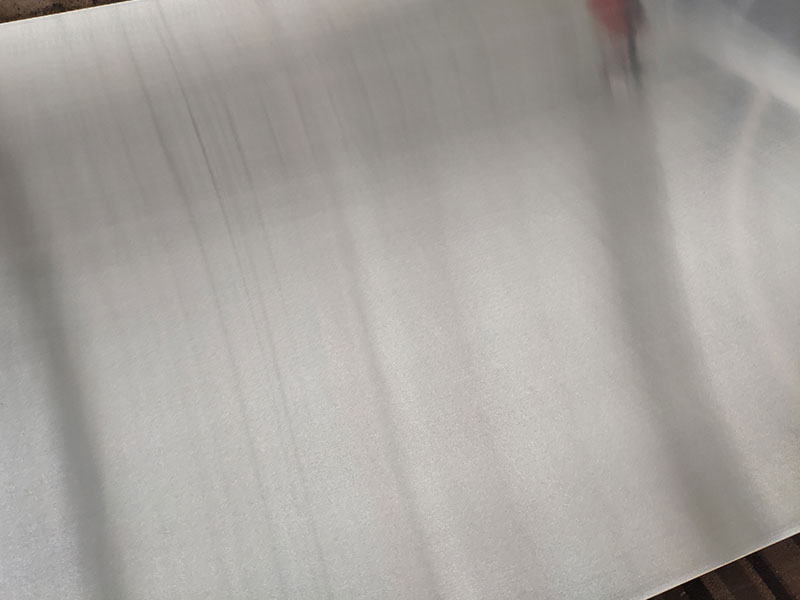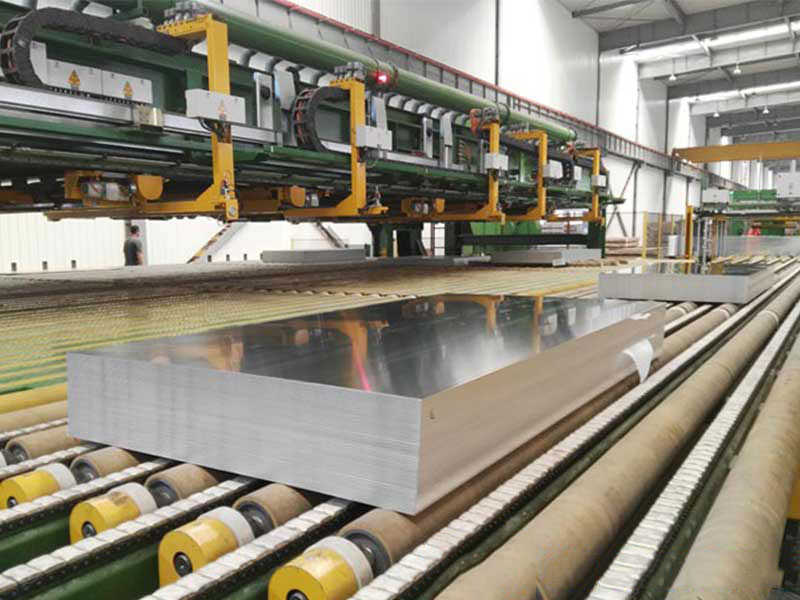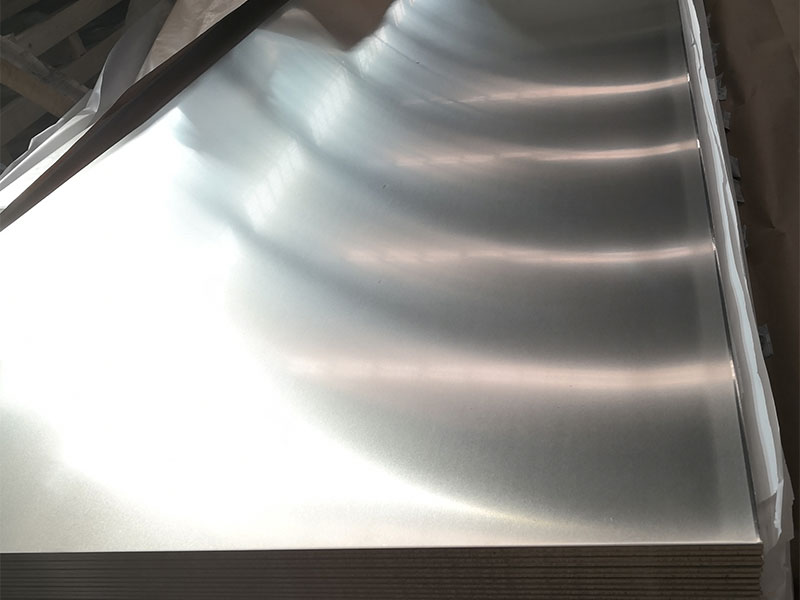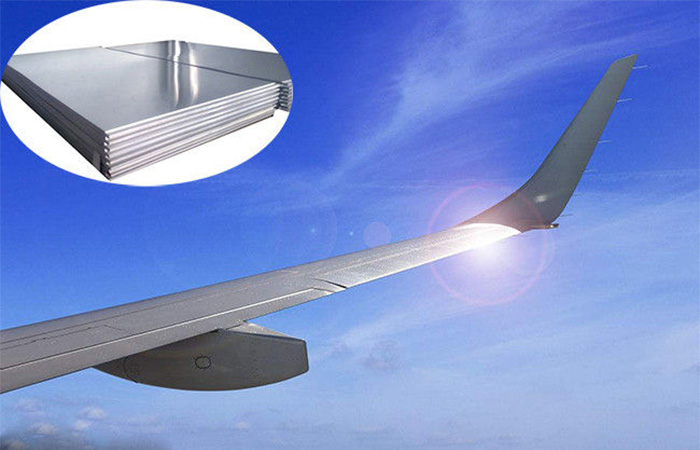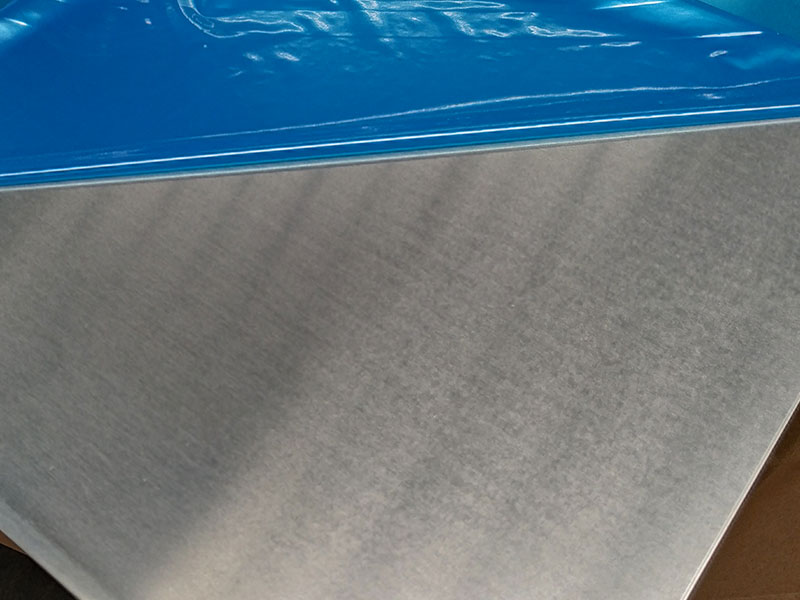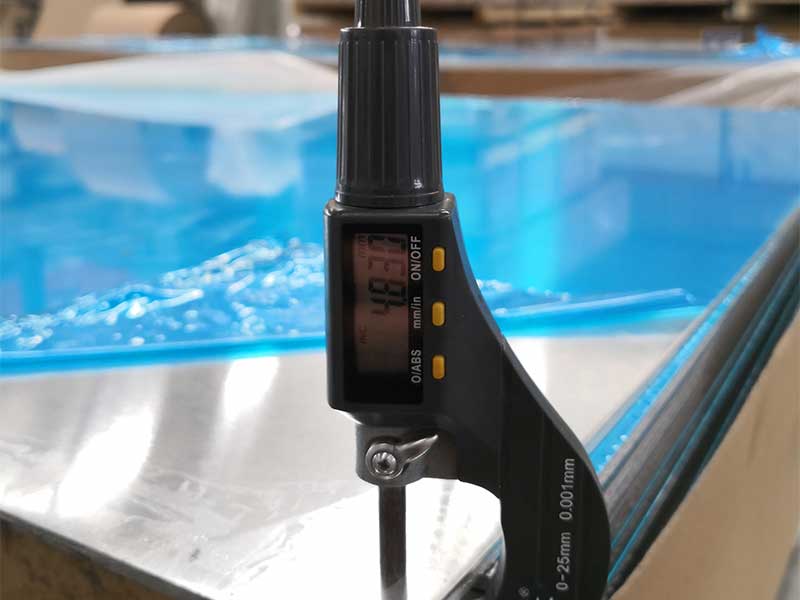4×8 aluminum sheet metal
In the world of manufacturing and construction, aluminum sheet metal is a prized material due to its lightweight yet robust properties. The 4x8 aluminum sheet metal is one of the most common dimensions utilized across various industries. Let's delve deeper into the intricacies of this versatile product, focusing on its specifications, significance in diverse applications, sectored standards, and practical implementations.
What Makes 4x8 Aluminum Sheet Unique?
The nomenclature "4x8 aluminum sheet" refers to a standard size of aluminum sheets – 4 feet (1.22 meters) wide and 8 feet (2.44 meters) long. This size is preferred mainly because of its versatility, ease of handling, and transportation. It can produce components in industries ranging from automotive to aerospace to architecture.
Dimensions and Technical Specifications
Thickness Options: 4x8 aluminum sheets come in various thicknesses, typically ranging from 0.040” (1 mm) up to 0.250” (6 mm). The choice of thickness directly accounts for the application, with heavier sheets offering increased strength while lighter ones provide cost savings while requiring less energy for fabrication.
Parameters and Implementation Standards
To ensure optimal performance, specific industry standards develop the use and manufacture of 4x8 aluminum sheets. A Ruiz ASM specification promotes uniformity across industries, ensuring that materials conform to mechanical properties established by ASTM standards.
The following parameters guide implementation:
| Properties | Standard Specification |
|---|---|
| Alloy Types | 1050, 2024, 5052, 6061, 7075 |
| Tensile Strength | Up to 700 MPa |
| Yield Strength | Varied according to alloy |
| Formability | Good to excellent |
| Corrosion Resistance | High |
Alloy Tempering
Aluminum alloys vary tremendously based on elemental compositions, mainly identified via a four-digit numerical system where the first digit signifies the primary alloying element.
Here’s a breakdown of some common aluminum alloys utilized for the sheets:
1060 Aluminum (Commercial Grade):
- Good for intricate designs and excellent corrosion resistance.
- Common applications: chemical process industries.
2024 Aluminum (Very High Strength):
- High fatigue resistance and excellent machinability.
- Common applications: aerospace and military aircraft structures.
5052 Aluminum (Marine Grade):
- Exceptionally resistant to seawater – suitable for marine environments.
- Common applications: boat construction, fuel tanks.
6061 Aluminum (General Purpose):
- Excellent weldability and versatility, suitable for a range of applications.
- Commonly used:: automotive parts, structural framing, and industrial fabrication.
7075 Aluminum (Aeronautical Engineering):
- Exceptional mechanical properties with complex forms and shapes achievable.
- Commonly utilized in aerospace components where strength is crucial.
Essential Chemical Properties Table
the chemical properties further illustrates how composite nuances follow through in the material performance aspects:
| Alloy | Magnesium (Mg) | Silicon (Si) | Copper (Cu) | Iron (Fe) |
|---|---|---|---|---|
| 1050 | 0.05 - 0.20 | 0.025 Max | 0.002 Max | 0.4 Max |
| 2024 | 1.2 - 1.8 | 0.5 - 0.9 | 3.8 - 4.9 | 0.5 Max |
| 5052 | 2.5 - 3.5 | 0.25 Max | 0.1 Max | 0.1 Max |
| 6061 | 0.8 - 1.2 | 0.4 - 0.8 | 0.15 - 0.40 | 0.7 Max |
| 7075 | 2.1 - 2.9 | 0.3 Max | 1.2 – 2.0 | 0.5 Max |
https://www.aluminumplate.net/a/48-aluminum-sheet-metal.html


